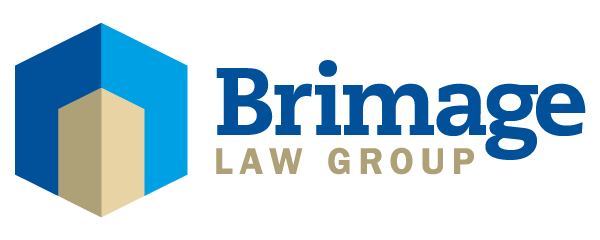Buying a Business
Rather than starting up a business from scratch, some people would rather buy an ongoing “turn-key” operation. This can save a lot of hassles and provide a Banker with a history of operations for financing purposes. Deciding on whether to buy a business should include extensive discussions of its value and desirability with your professional advisors, most particularly your accountant.
Generally speaking, when a person wishes to buy an entire business enterprise, they can buy the assets of the business or buy all of the shares of a corporation that owns the business (if any). Choosing between these two options can be tricky. For tax reasons a purchaser tends to want to purchase assets whereas a seller will want to sell the corporation (if any).
If the purchaser suspects the corporation is subject to unknown liabilities, he or she would probably be wiser to purchase the assets. Potential liabilities could include environmental or product liabilities, outstanding lawsuits, governmental fines or tax liabilities. Most of these liabilities can be determined before the sale and provided for.
A share purchase involves less work in many ways as the corporation’s name on the assets, licences, etc. need not be changed. As a result, the associated costs of purchasing the business of a corporation by buying the corporation may well be cheaper.
When it comes to employees, the purchase of a corporation means the taking on of its employees and/or the liability of terminating them if necessary. Buying the assets may also result in this difficulty if the purchaser takes on any of the former employees or a union is involved.
There are a couple of issues that can be hot spots in this type of purchase. The representations and warranties the seller makes regarding the business can be contentious. The purchaser will want certain types of guarantees with respect to the business and its assets that will last as long as possible after the sale takes place. The seller will, of course, want to minimize this. Furthermore, in many cases the continued involvement of the seller is desired by the purchaser. The purchaser may also require freedom from competition from the seller or at least their agreement not to solicit the customers and employees of the business.
If the purchase of the business is a large one, the Investment Canada Act or the Competition Act may be applicable.
A final issue to be addressed is the manner in which the purchase if funded. Sometimes the purchaser has the money to buy the corporation or assets outright. Usually, however, the purchase price must be borrowed, either from a third party or by the seller taking back debt and security on the assets involved.
As you can see, there are a large number of factors to consider when taking the big step of buying an existing business.

